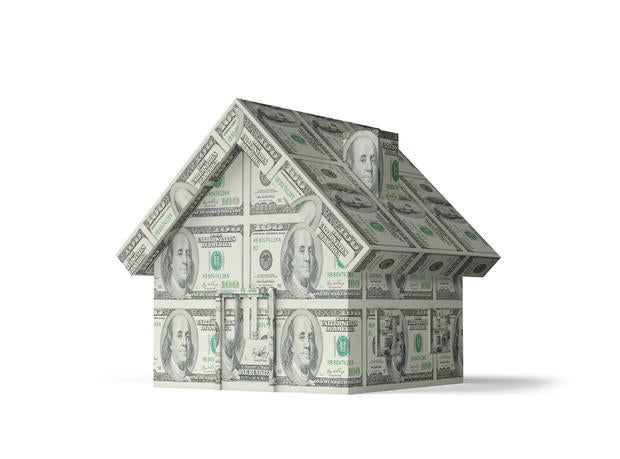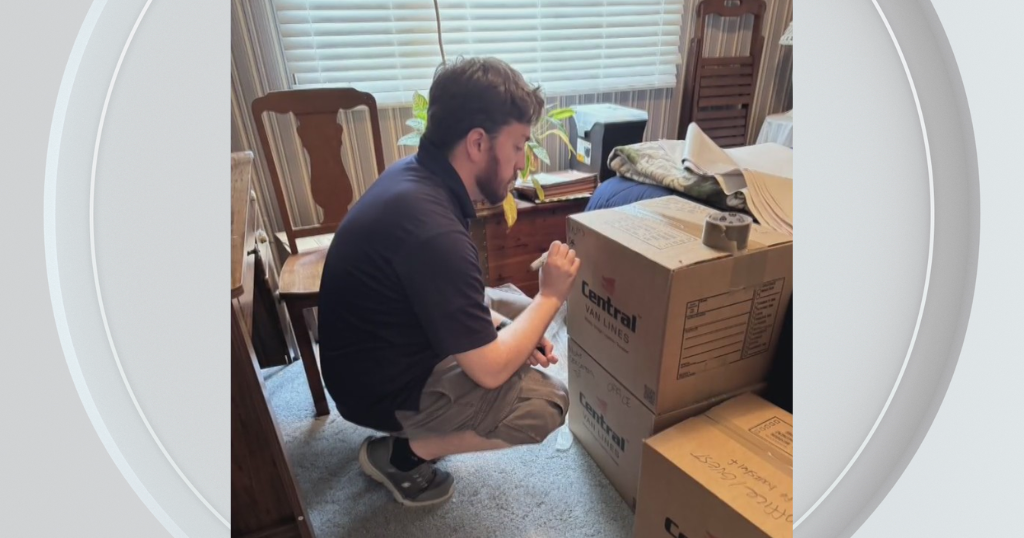4 reasons to borrow home equity before the new year, according to experts
Home equity borrowing has been one of the best financing options in 2024. With average credit card rates soaring near 24%, a home equity loan or home equity line of credit (HELOC) offers a compelling alternative at just above 8%.
American homeowners now hold an average of over $300,000 in home equity — a valuable resource for funding home improvements, education costs or debt consolidation. By securing a home equity loan before January, you could lock in current rates and qualify for tax benefits on your 2024 return. Below, we'll detail four reasons why it could be worth securing now.
Start by seeing how much home equity you'd be eligible to borrow here.
4 reasons to borrow home equity before the new year
Below, financial experts explore why it can be smart to use your home equity before 2024 ends:
Home equity rates are still appealing
"Home equity rates are still very attractive, and there's no guarantee they'll stay this low or drop at all in 2025," says Susan Waite, vice president of lending at Point Breeze Credit Union.
Also, market experts predict a competitive lending environment in 2025. Many lenders plan to focus on mortgage refinancing opportunities, which could mean fewer resources dedicated to home equity products. Borrowing against your home equity before the new year gives you access to current rates and a wider selection of lending options.
You could save money on home improvement projects
Contractors and home improvement companies aren't as busy in winter. So, "you may be able to get better pricing or deals on home improvement and have your project completed [faster]," Waite points out.
Chris Heller, president of Movoto.com, recently helped a client save substantially on renovation costs through smart timing. With a HELOC, "[they] locked in lower borrowing costs [and finished] their renovation before [the contractor's slated] price increase for the new year," he says. The improvements ultimately increased the home's value in a seller-friendly market.
Potential savings go beyond labor costs. Seamus Nally, CEO of TurboTenant, points to upcoming policy changes that could affect appliance prices in 2025. Common items such as dishwashers, refrigerators and ovens may cost more next year. Acting now means taking advantage of today's home equity rates and appliance prices.
You may qualify for potential tax benefits
End-of-year tax planning creates a timely opportunity for homeowners. Heller mentions getting a home equity loan for eligible home improvements can lead to valuable tax deductions. These savings apply to various projects such as kitchen renovations, energy-efficient upgrades and home office improvements.
You can lock in rates for major expenses
Lenders often adjust their rates and fees in January, according to Heller. If you're planning expenses such as college tuition or debt consolidation, setting up your financing before these changes puts you in control.
A fixed-rate home equity loan can help you secure predictable payments for college expenses. This lets you focus on academics instead of financial uncertainty. For debt consolidation, a home equity solution typically offers lower rates than credit cards and personal loans. Using your home equity this way may mean smaller monthly payments and considerable interest savings over time.
What to consider before using your home equity
Industry professionals suggest evaluating four factors before tapping into your home equity:
- Compare interest rates: Verify and find out if today's home equity rates are better than your other borrowing options, such as credit cards or personal loans.
- Your repayment comfort level: Calculate your new monthly payment and ensure it's within budget (leaving room for other expenses and savings).
- Your funding purpose: Have a clear plan for the funds — whether it's home improvements to boost property value or debt consolidation to improve your financial health.
- Your long-term financial goals: Think about how this borrowing fits into your retirement planning and future home sale.
The bottom line
Today's mix of property values and home equity rates won't last forever. "Waiting could impact the amount you're able to borrow if property values decline," stresses Waite.
If you're still on the fence about a home equity loan or HELOC, speak with reputable lenders to compare rates and terms. Then, consult a financial advisor to ensure the borrowing aligns with your long-term goals. This preparation will help you decide whether — and how — to tap into your home's equity before 2025.






